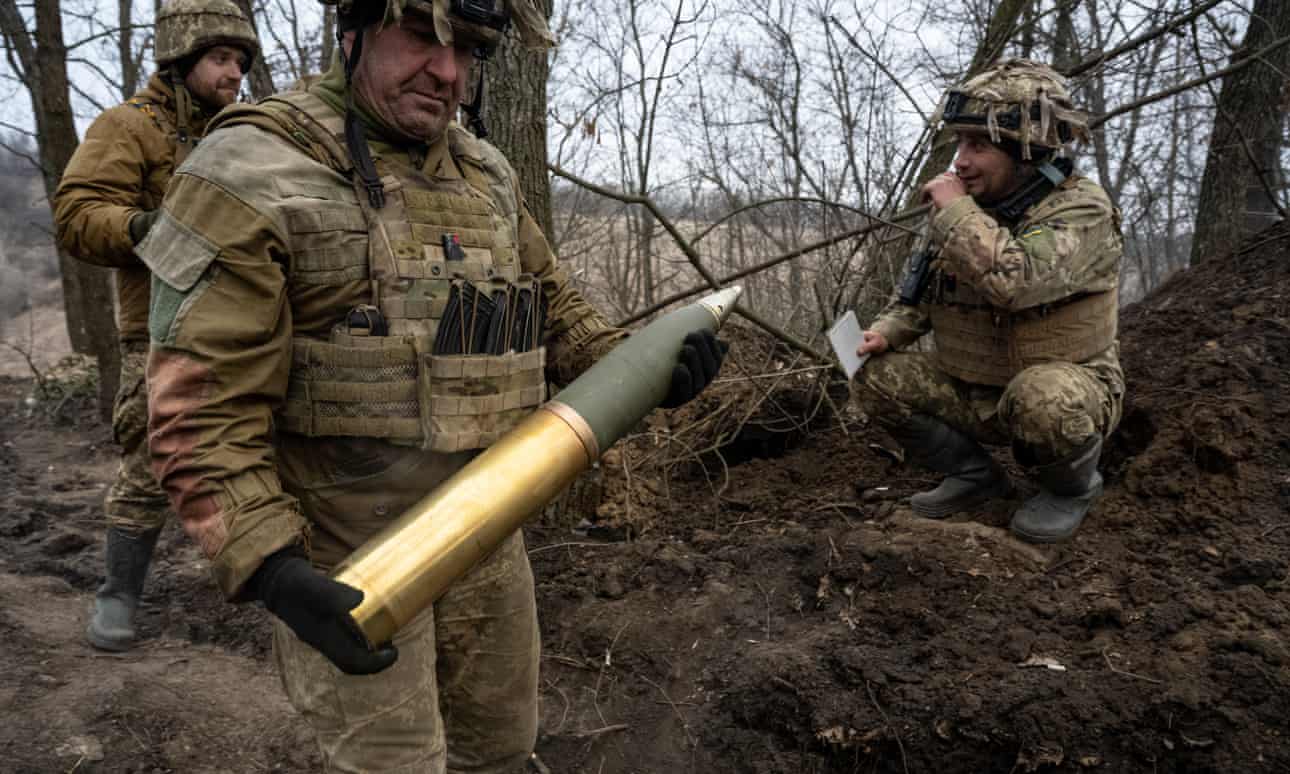PIL DOCTRINE: Principle of preventing genocide, which is enshrined in international law, particularly in the Convention on the Prevention and Punishment of the Crime of Genocide adopted by the United Nations General Assembly in 1948. This convention defines genocide as any of the following acts committed with intent to destroy, in whole or in part, a national, ethnical, racial or religious group.
The International Court of Justice ordered Israel on Jan. 26, 2024, to prevent possible genocide against Palestinians in Gaza. But the court did not call for a cease-fire, as South Africa had requested. The United Nations’ highest court, also declined to toss out South Africa’s case against Israel alleging genocide.
South Africa submitted a complaint in December 2023 claiming that Israel is committing genocide against Palestinians in Gaza. South Africa requested the International Court of Justice order the Israeli military to halt its war in Gaza.
Israel argues that its military is trying to minimize civilian harm and that South Africa is trying to both weaponize the term genocide and interfere with Israel’s right of self-defense against Hamas.
The court’s initial ruling on this case, in which it ordered Israel to comply with a total of six provisional measures, does not reflect whether the court will eventually determine that Israel is committing genocide. As history shows, such a ruling could take years to decide.
SOURCE: THE CONVERSATION
Reported by: Junaze Aurille Lamadrid Belga








